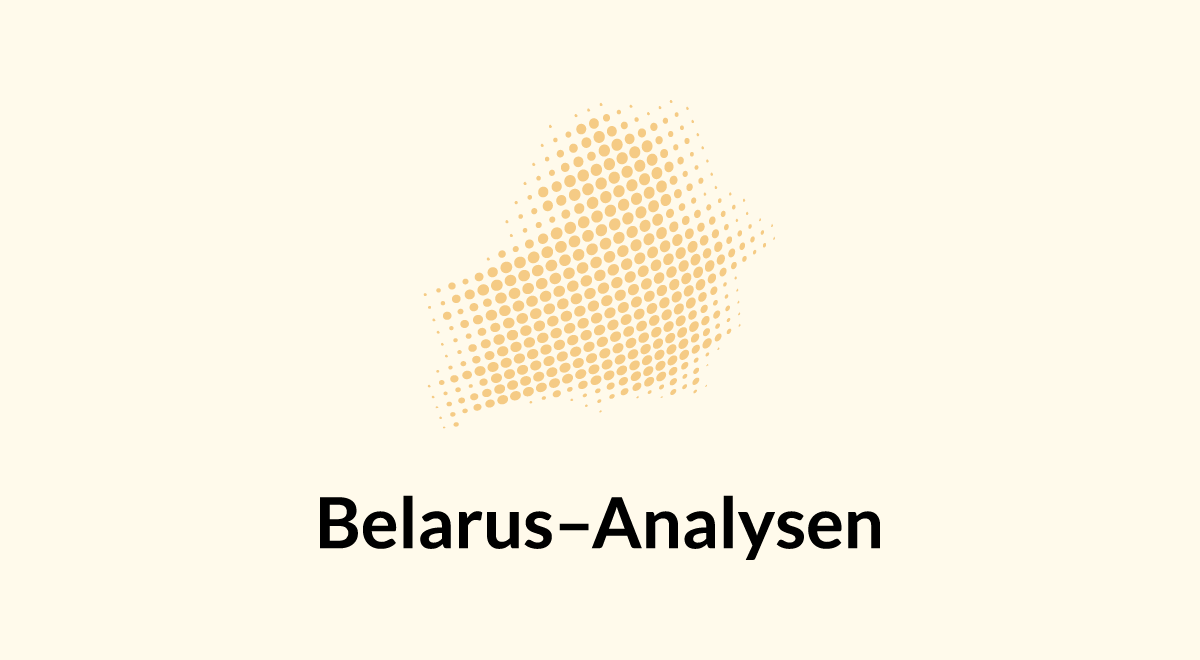 Analyse
Analyse Von Roza Turarbekova
Das Interesse für die chinesische Politik in Osteuropa ist erst vor relativ kurzer Zeit erwacht und auf das zunehmende Handelsvolumen, die Zusammenarbeit bei Investitionen und den Bau verschiedener Infrastrukturprojekte im Rahmen der »Belt and Road Initiative« zurückzuführen. China wird in Belarus als einer der bedeutendsten strategischen Partner und neben Russland und der EU als »dritter wichtiger Player« betrachtet, der geopolitisch das belarussische »Manövrierfeld« erweitert. In der Ansprache von Präsident Lukaschenka 2019 vor der Nationalversammlung wurde China als strategischer Partner und als vorrangiges Objekt der Außenpolitik hervorgehoben, nach dem Unionsstaat von Belarus und Russland und der GUS sowie vor der EU. In diesem Beitrag werden die Beziehungen zwischen Belarus und China durch das Prisma der Minsker Beteiligung an der chinesischen Belt and Road Initiative sowie im Kontext anderer multilateraler Formate in Eurasien und Osteuropa betrachtet. Zudem wird die spezifische Rolle von Belarus in den chinesischen Initiativen beleuchtet. (…)
Zum Artikel ![]() Artikel
Artikel Von Nadja Douglas
ZOiS Report 6/2020 State-society relations in Belarus have been tense for many years. The presidential elections in August 2020 and the mishandling of the ongoing Covid-19 pandemic have proved to be the catalyst that brought these fragile relations to a complete breakdown. Over the years, the widening gap between a new generation of an emancipated citizenry and a regime stuck in predominantly paternalistic power structures and reluctant to engage in political and economic reforms has become increasingly evident. The deteriorating economy during the last decade and the perceived decline of the country’s social welfare system have been important factors in these developments. At the same time, the regime has continued to invest in its domestic security structures to a disproportionate extent compared with neighbouring states, allowing the so-called silovye struktury (“state power structures”) to gain influence at the highest level of state governance. (…)
Zum Artikel auf zois-berlin.de